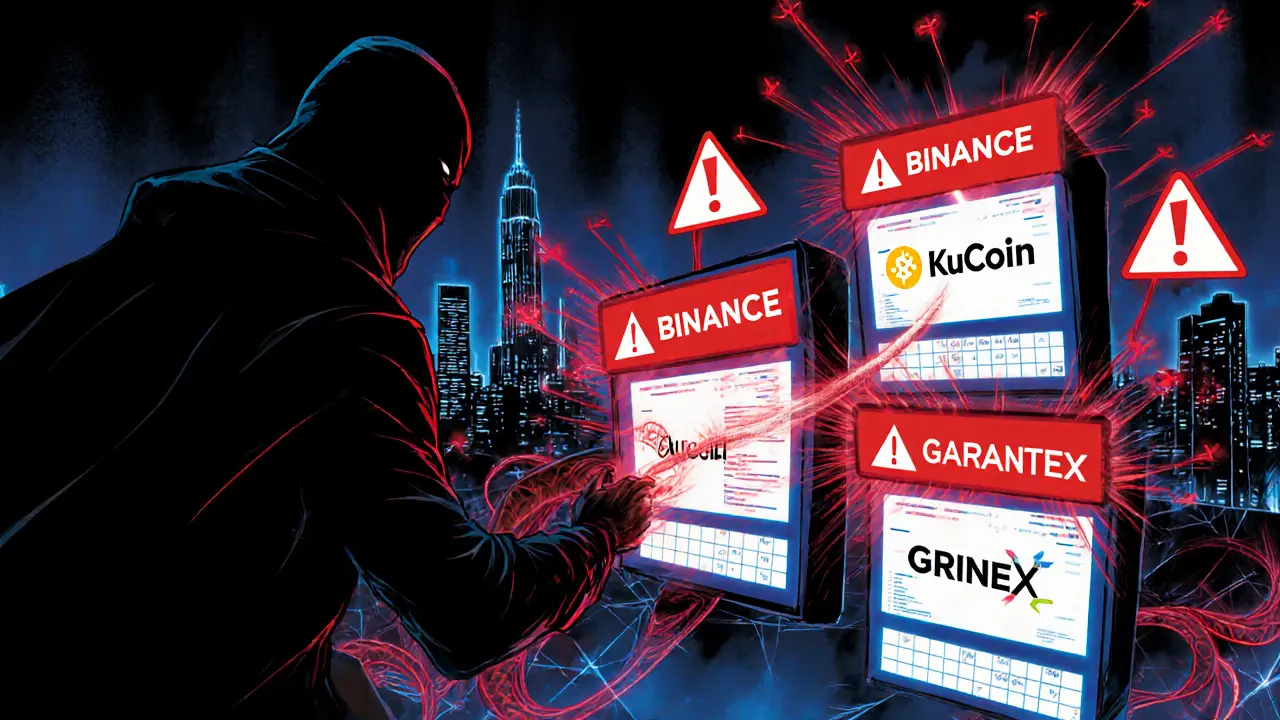Sanctions Evasion in Crypto: How It Works and What It Costs
When people try to move money through crypto to avoid sanctions evasion, the act of using digital assets to bypass government financial restrictions. Also known as crypto circumvention, it’s not just a technical loophole—it’s a legal risk that can land individuals and companies in serious trouble. Governments aren’t blind to this. The UK’s Office of Financial Sanctions Implementation (OFSI) reported a 7% jump in crypto-related violations last year, and that number is climbing. It’s not about anonymous wallets alone—it’s about the mix of decentralized exchanges, mixers, and cross-border transfers that make tracking harder.
One of the biggest tools in this game is blockchain monitoring, software that traces token flows across public ledgers to spot suspicious patterns. Companies like Chainalysis and Elliptic don’t just serve law enforcement—they’re now mandatory for licensed crypto firms in the UK, EU, and US. If your exchange doesn’t flag transactions tied to sanctioned wallets, you’re not just negligent—you’re breaking the law. And it’s not just about big players. Even small DeFi protocols that let users swap tokens without KYC can become accidental conduits for crypto sanctions, government-imposed financial bans targeting specific individuals, entities, or countries. Russia, Iran, North Korea, and Syria are the usual suspects, but the tools used to evade sanctions are global.
What’s often missed is how fast compliance changes. A wallet address that was clean last month could be flagged today after a new UN resolution. That’s why crypto firms can’t just rely on static lists—they need real-time, automated screening. The UK’s 2025 rules require firms to actively monitor transactions, not just report them after the fact. And if you’re using a platform like BTCC or Zedxion that doesn’t support local compliance, you’re not just taking a risk—you’re enabling sanctions evasion by default.
It’s not all about crime. Some users just want privacy. But the line between privacy and evasion is thin, and regulators are drawing it in real time. The same blockchain immutability that protects honest users also makes it impossible to erase a transaction sent to a sanctioned address. That’s why understanding cryptocurrency regulations, the legal frameworks governing digital asset use across countries. isn’t optional—it’s survival. Whether you’re running a business, trading, or just holding crypto, ignoring this means you’re playing with fire.
Below, you’ll find real examples of how sanctions evasion shows up in crypto, what firms are doing to stop it, and how to protect yourself from getting caught in the crossfire. No theory. No fluff. Just what’s happening now—and what you need to know before it hits you.
Using multiple crypto exchanges to avoid restrictions may seem smart, but it often leads to frozen funds, legal trouble, or fines. Learn the real risks behind nested exchanges, sanctions evasion, and why regulators are cracking down in 2025.

